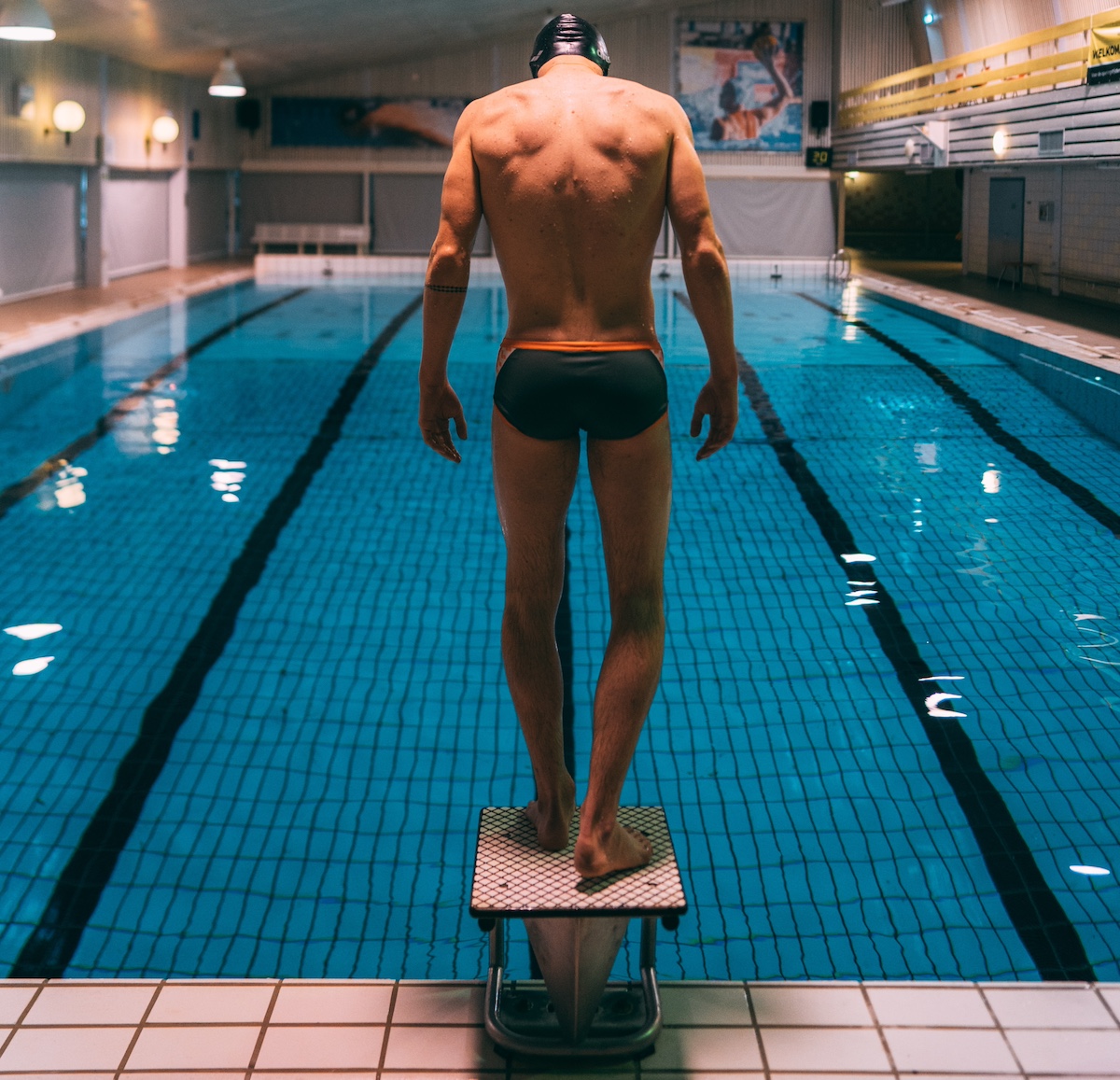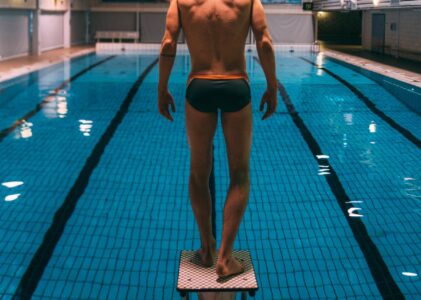Are you a young athlete looking to up your game? Sports psychology is your secret weapon! Discover how it can boost your performance, teamwork, and recovery.
Pre-performance Routines
Imagine you’re standing at the edge of the basketball court, waiting for the game to start. Your heart is pounding, and you’re feeling a mix of excitement and nervousness. What do you do to calm those butterflies and get in the zone?
Well, athletes use pre-performance routines to do just that. These routines are like a set of mental exercises that help you prepare for the big game. They could include deep breaths, positive self-talk, or even a special lucky charm you carry with you. The purpose of these routines is to help you focus, control anxiety, and build confidence.
Think of pre-performance routines as your own personal superpower – they give you the mental strength you need to perform at your best when it matters most.
Performance Enhancement
Winning in sports isn’t just about having the best physical skills; it’s also about having the right mindset. This is where sports psychology comes into play. Sports psychologists are like mental coaches who help athletes unlock their full potential.
They teach you strategies to stay cool under pressure, concentrate better, and make smarter decisions on the field. It’s like leveling up your mental game, similar to how you level up in your favorite video games! With their guidance, you can become mentally tough and perform your best even when the stakes are high.
What is Winning?
When you think of winning, you might immediately picture being number one on the scoreboard. While winning games is certainly a part of sports, sports psychologists help you see that winning goes beyond just the final score.
They teach you to set realistic goals for yourself, whether it’s improving your shooting accuracy or running faster. They also emphasize the importance of tracking your progress and finding joy in the journey of improvement. Winning, in the eyes of sports psychology, becomes about personal growth and development, not just collecting trophies.
Team Dynamics
Sports aren’t always a solo mission; being a great teammate is just as crucial as your individual skills. Sports psychologists work on improving team dynamics to ensure that everyone on the team works together seamlessly.
They teach you valuable skills like effective communication, building trust among teammates, and resolving conflicts in a constructive way. Think of it as having a secret playbook for building a championship-winning team. When everyone understands and respects each other’s strengths and weaknesses, the team becomes more powerful as a whole.
Injury Rehab
Injuries can be a part of an athlete’s journey, but they don’t have to be the end of it. This is where sports psychology can make a significant difference. Sports psychologists help you stay positive and mentally resilient during the often-frustrating process of rehabilitation.
When you’re recovering from an injury, it’s easy to feel discouraged and impatient. Sports psychologists provide the mental support and motivation you need to keep going. They help you set realistic expectations, maintain a positive attitude, and stay committed to your recovery plan. It’s like having a mental cast that helps you heal faster and come back even stronger.
Learning from Competition
Every game, win or lose, is a chance to learn and grow as an athlete. Sports psychologists emphasize the importance of analyzing your performance and taking away valuable lessons.
Whether it’s reviewing game footage, reflecting on your decisions during a match, or understanding your strengths and areas for improvement, sports psychology helps you make the most of every competition. With the guidance of a sports psychologist, you develop the resilience to bounce back from setbacks and keep moving forward.
Mental Skills Training Programs
Do you want to become a mental powerhouse in your sport? Sports psychologists offer training programs that are tailored to your specific needs and goals. These programs include a variety of mental exercises and techniques designed to strengthen your mind.
For example, you might learn visualization techniques to mentally rehearse your skills, goal-setting strategies to keep you motivated, and concentration exercises to help you stay focused during critical moments in a game. Think of it as going to a mental gym to strengthen your brain muscles, just like you would work on your physical fitness.
Sports Psychology in Practice
So, how can you get started with sports psychology?
- Talk to Your Coach: Your coach might have resources or recommendations for sports psychologists.
- Ask Your Parents: Your parents can help you find a sports psychologist who can assist you in your athletic journey.
- Explore Online Resources: You can also find articles and videos online that introduce you to mental skills training.
- Practice Mindfulness: Consider incorporating meditation and breathing exercises into your routine to improve focus and reduce stress.
Sports psychology isn’t just for professional athletes; it’s for young athletes like you who want to reach new heights in their sports. Give it a try, and watch your sports journey soar to new levels! 🚀
Now, armed with the knowledge of sports psychology, go out there and conquer the field with your newfound mental strength!
Note: This article is for informational purposes only. It’s important to consult with a professional before making any changes to your sports or mental health routines.


